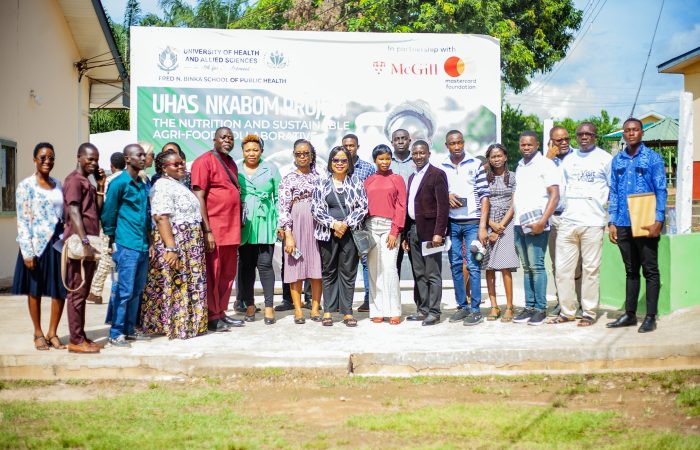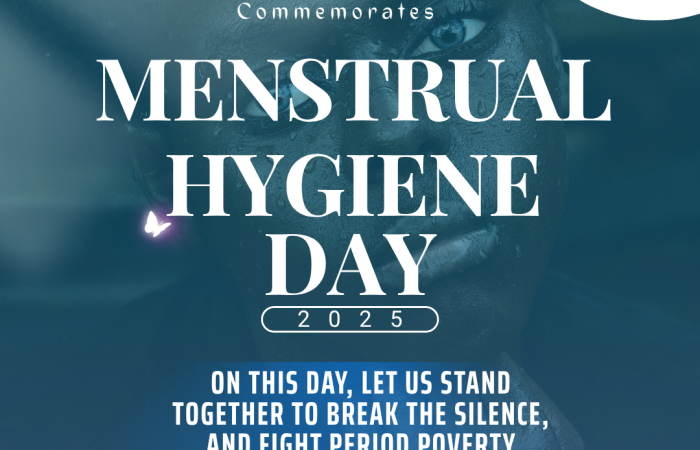Journalists reporting on health issues have been advised to desist from sensationalising health stories but focus on providing facts to draw the attention of policy makers.
They have also been urged to protect the privacy and dignity of individuals they report on to avoid victimising them.
The Executive Director of Women, Media and Change (WOMEC), Dr Charity Binka, who gave the advice added that journalists had the responsibility to report accurate, reliable and unbiased information ensuring that their sources were credible and information was fact-checked.
She said journalists had the obligation to be truthful in their reportage, recognising the human impact of health issues.
“Journalists should strive to balance the interests of the public with the interests of individuals they report on”, she said.
Urban Health reporting
Dr Binka was speaking at a two-day training programme at Dodowa aimed at building the capacity of journalists to report on gaps in the urban health systems and related issues.
It was also aimed at training journalists to effectively communicate and package research evidence and outcomes of the Community-led Responsive and Effective Urban Health Systems (CHORUS) project at the School of Public Health, University of Ghana,
The six-year CHORUS project, which started in May 2020, is a multi-country research programme consortium (RPC) focused on building resilient urban health systems with funding from the United Kingdom’s Foreign, Commonwealth and Development Office.
Under the project, research that responds to the practical challenges of delivering equitable health services is being undertaken in urban areas of four partner countries, that is, Bangladesh, Ghana, Nepal and Nigeria.
In Ghana, the University of Ghana team employed a Participatory Action Research (PAR) approach in four communities within two municipalities, that is Ashaiman and La-Nkwantanang Madina in the Greater Accra Region.
Effective health communication
Dr Binka explained that Urban health was the health outcomes, challenges, and determinants of health, that is, the social and economic environment, the physical environment, and the individual lifestyle of a person.
She said it was, therefore, critical for journalists to communicate health issues by understanding the social, cultural and linguistic diversity within urban populations.
“Health messages should be tailored to the specific needs and characteristics of the target audience to ensure that they are culturally appropriate, linguistically accessible and relevant to the individual’s circumstances,” she said.
CHORUS
In view of the project, a Lecturer at the School of Public Health, University of Ghana, who is also the Country Lead for CHORUS, Dr Genevieve Aryeetey, said the objective of the CHORUS RPC was to conduct research to understand, explore and evaluate interventions to build resilience and also respond to the health challenges of increasing rapid and uncontrolled urbanisation across Low and Middle-Income Countries (LMICs).
She said urban health systems in LMICs were faced with the double burden of communicable (CDs) and non-communicable diseases (NCDs) and often had to deal with wide social and economic inequities.
She said CHORUS consortium research questions were, therefore, built around four interlinked pillars, which included linking the plurality of private, non-governmental organisations (NGOs) and government providers; building collaboration across sectors to address wider determinants of health; strengthening systems to prevent and respond to the double burden NCDs and Communicable Diseases (CDs) and identifying, reaching and engaging the urban poor.
CREDIT: GRAPHIC ONLINE


